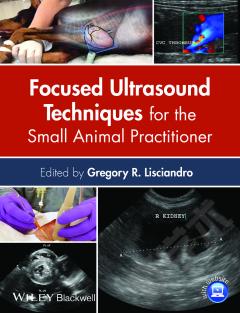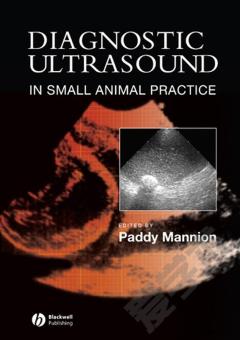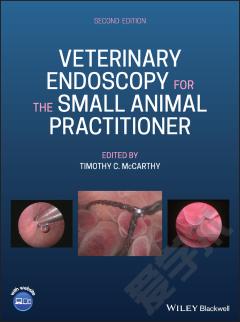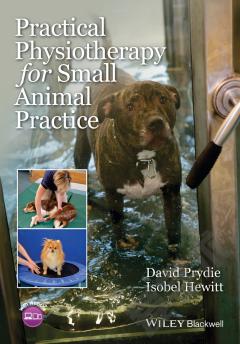Point-of-Care Ultrasound Techniques for the Small Animal Practitioner
This book offers a thorough revision and update to the first landmark book that presented a standardized approach to focused point-of-care ultrasound exams of the abdomen, thorax, musculoskeletal and eye in veterinary practice. Now incorporating new applications for focused ultrasound exams and additional species, this Second Edition continues to be a state-of-the-art reference for using abbreviated ultrasound exams in clinical practice. A companion website features supplementary video clips of these point-of-care techniques depicting actual ultrasound exams for comparison and comprehension. New chapters in Point-of-Care Ultrasound Techniques for the Small Animal Practitioner, Second Edition cover ultrasound-guided nerve blocks, musculoskeletal, brain imaging, and applications of focused ultrasound techniques in cats, exotics and marine mammals—making it an essential purchase for veterinarians wanting to incorporate point-of-care ultrasound techniques into their veterinary practices. Presents a standardized approach to point-of-care ultrasound as an extension of the physical exam, including trauma, non-trauma, and monitoring applications Includes coverage of new techniques for focused ultrasound exams, including lung, anesthesia and ultrasound guided nerve blocks, transcranial brain imaging, musculoskeletal, volume status evaluation, and rapid assessment for treatable forms of shock Adds cats, exotic and wildlife mammals, and marine mammals to the existing canine coverage Emphasizes the integration of point-of-care ultrasound techniques for optimizing patient care and accurate patient assessment Offers access to a companion website with supplementary video clips showing many clinically relevant didactic examples The second edition of Point-of-Care Ultrasound Techniques for the Small Animal Practitioner is an excellent resource for veterinary practitioners, ranging from the general practitioner to nearly all clinical specialists, including internal medicine, oncology, cardiology, emergency and critical care, anesthesiology, ophthalmology, exotics, and zoo medicine specialists, and veterinary students.
{{comment.content}}








 京公网安备 11010802027623号
京公网安备 11010802027623号